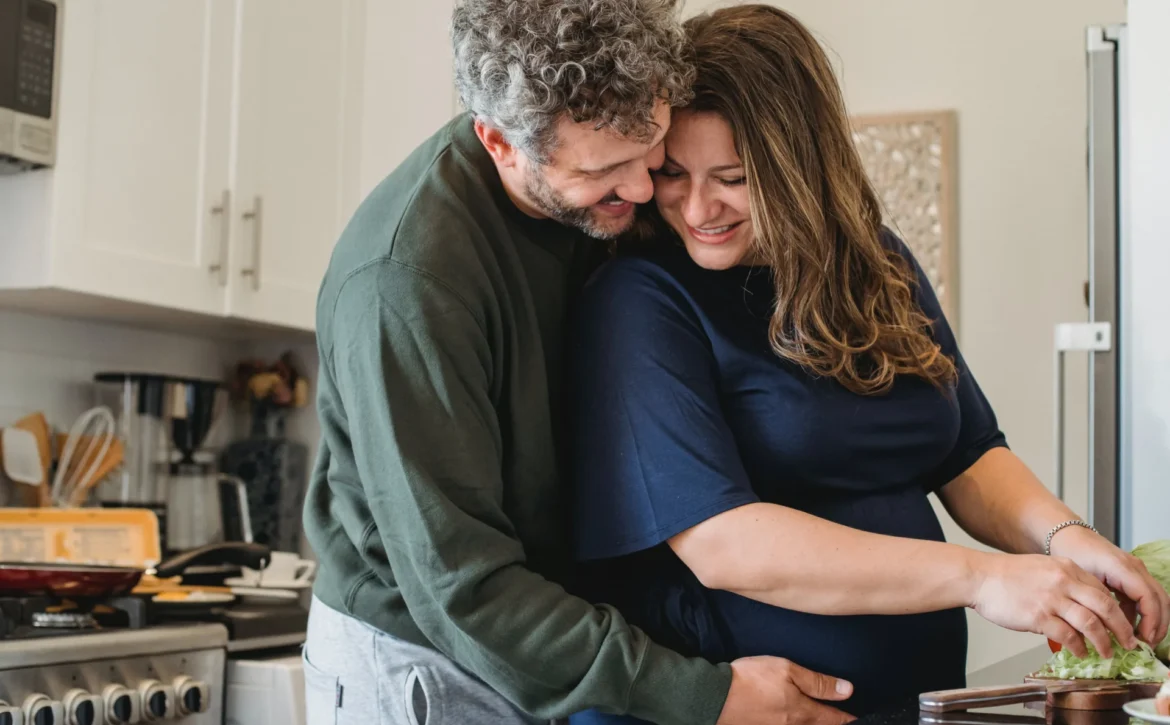How to Prepare for Marriage Counseling?
Marriage counseling can feel like a big step, but it’s also one of the best things you and your partner can do to strengthen your relationship. If you’re wondering how to prepare for marriage counseling, you’re not alone. Many couples feel nervous, unsure, or even skeptical about how counseling can help. However, knowing what to expect and how to get ready for the sessions can make a significant difference in the outcome of your therapy. Whether you’re dealing with communication issues, trust concerns, or emotional disconnect, preparation can ensure you get the most out of this journey.
In this article, we’ll explore practical and emotional ways to prepare for marriage counseling and discuss factors that many websites often overlook. And if you’re in Burlington, Cedarway Therapy offers tailored Couples Therapy Burlington services to help you through this process. Let’s dive into how to get ready for marriage counseling with tips specifically for Burlington residents.
1. Reflect on Your Goals and Expectations
Before starting marriage counseling, it’s essential to think about what you want to achieve. Be honest with yourself and your partner about why you’re seeking help. Are you hoping to improve communication, resolve a specific issue, or rebuild trust? Clarifying these goals will help you enter counseling with a clear mindset and open heart.
Interestingly, research shows that couples who enter counseling with specific, shared goals tend to have better outcomes. According to the American Association for Marriage and Family Therapy (AAMFT), 70% of couples who undergo marriage counseling see improvements in their relationship. Having a common understanding of your goals can help set the stage for success.
Tip for Burlington Residents: Consider how your daily life in Burlington impacts your relationship. For example, are there stresses related to work, commuting, or community activities that you’d like to discuss in therapy? This local perspective can help you and your therapist better understand your situation.
2. Be Ready to Take Responsibility
Marriage counseling is not about blaming one partner over the other. Instead, it’s a collaborative effort where both partners need to take responsibility for their roles in the relationship. This might be hard to accept at first, especially if you feel wronged or hurt. But keep in mind that owning your part in the conflict is an important step toward healing and growth.
Many couples overlook the importance of self-awareness in marriage counseling. Taking time to think about your behavior, reactions, and communication patterns can help you see how you contribute to both the problems and solutions. A study from the Journal of Marriage and Family Therapy found that couples who focus on improving their behavior in counseling report higher satisfaction with the process.
3. Prepare to Be Vulnerable
One aspect of marriage counseling that isn’t often talked about is vulnerability. Opening up about your deepest feelings, fears, and disappointments can feel uncomfortable. However, vulnerability is a crucial part of the healing process. If you only skim the surface of your issues, it will be hard to make real progress.
Being vulnerable also means being open to hearing things you might not want to hear. Your partner may share feelings you didn’t realize they had, or your therapist might offer perspectives that challenge your current beliefs. Being open to this process is essential.
Cedarway Therapy in Burlington offers a compassionate, non-judgmental space where you and your partner can explore these feelings without fear. Our Couples Therapy Burlington services are designed to create an environment of trust and respect, helping you navigate tough conversations with empathy.
4. Schedule a Time That Works for Both of You
Another factor that doesn’t always get enough attention is the importance of timing. Choose a time for counseling sessions that works for both partners. Scheduling during a rushed or busy time can make the experience stressful and less effective.
In Burlington, where residents often balance busy careers and family life, finding a time that suits both you and your partner can be challenging. Whether it’s after work or on the weekends, make sure it’s a time when both of you can focus fully on the session.
5. Avoid Unrealistic Expectations
Marriage counseling is a process, not a quick fix. One session won’t magically resolve years of built-up tension or disagreements. Research from Psychology Today indicates that most couples need an average of 12 to 20 sessions to see significant improvement.
Going into counseling with the right mindset is key. Understand that progress may take time, and that’s okay. The important thing is that you’re taking steps in the right direction. Instead of expecting instant results, focus on small improvements in communication and understanding.
6. Know That It’s Okay to Feel Uncomfortable
Sometimes, marriage counseling can stir up feelings you didn’t expect. You might feel uncomfortable, anxious, or even frustrated during or after sessions. This is a normal part of the process. Remember, counseling is about growth, and growth often comes with discomfort.
Being uncomfortable doesn’t mean the therapy isn’t working. It might be a sign that you’re confronting important issues. The key is to stay committed to the process, even when it feels tough.
At Cedarway Therapy, we guide Burlington couples through these difficult moments with care and expertise. We help you turn discomfort into insight so you can continue moving forward together.
7. Focus on Positive Outcomes, Not Just Problems
Many couples enter counseling with a heavy focus on what’s wrong in their relationship. While it’s important to address issues, don’t forget to highlight the positive aspects of your relationship as well. Reflecting on what works can help reinforce your connection and remind you why you’re fighting for the relationship in the first place.
In Burlington, with its close-knit community feel, couples often find that rediscovering shared hobbies or community involvement can reignite their bond. Whether it’s enjoying local events, hiking the beautiful trails, or simply spending more quality time together, these moments can help rebuild the connection.
Read more about “Understanding Couples Counselling” on our blog page today!
8. Choose the Right Therapist
Finding the right therapist is one of the most important decisions you’ll make in the marriage counseling process. Not all therapists are the same, and finding one that both you and your partner feel comfortable with is key.
At Cedarway Therapy, we offer Couples Therapy Burlington services that are specifically designed for Burlington residents. Our therapists understand the unique challenges that couples in this community face and provide tailored support to help you navigate your relationship.
Conclusion
Marriage counseling is a powerful tool for rebuilding and strengthening relationships, but it requires preparation, commitment, and openness. By reflecting on your goals, being vulnerable, and maintaining realistic expectations, you can make the most out of this process. Remember, it’s not about finding a quick solution but rather working together to build a healthier, more connected relationship.
If you’re a Burlington resident looking for professional help, Cedarway Therapy is here for you. We specialize in Couples Therapy in Burlington and provide a compassionate, effective approach tailored to your needs. Ready to take the first step towards a healthier, happier relationship? At Cedarway Therapy, our experienced therapists are here to guide you through the marriage counseling process. Whether you’re facing communication challenges, trust issues, or emotional distance, we can help you reconnect and grow stronger together. Don’t wait—contact Cedarway Therapy today to learn more about our Couples Therapy Burlington services and start your journey toward healing. Your relationship is worth it!



